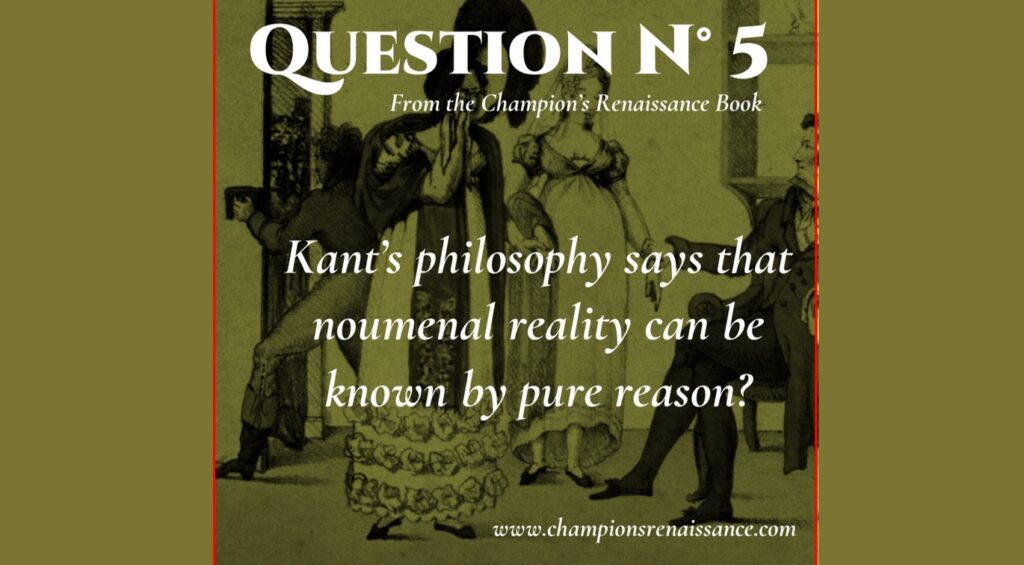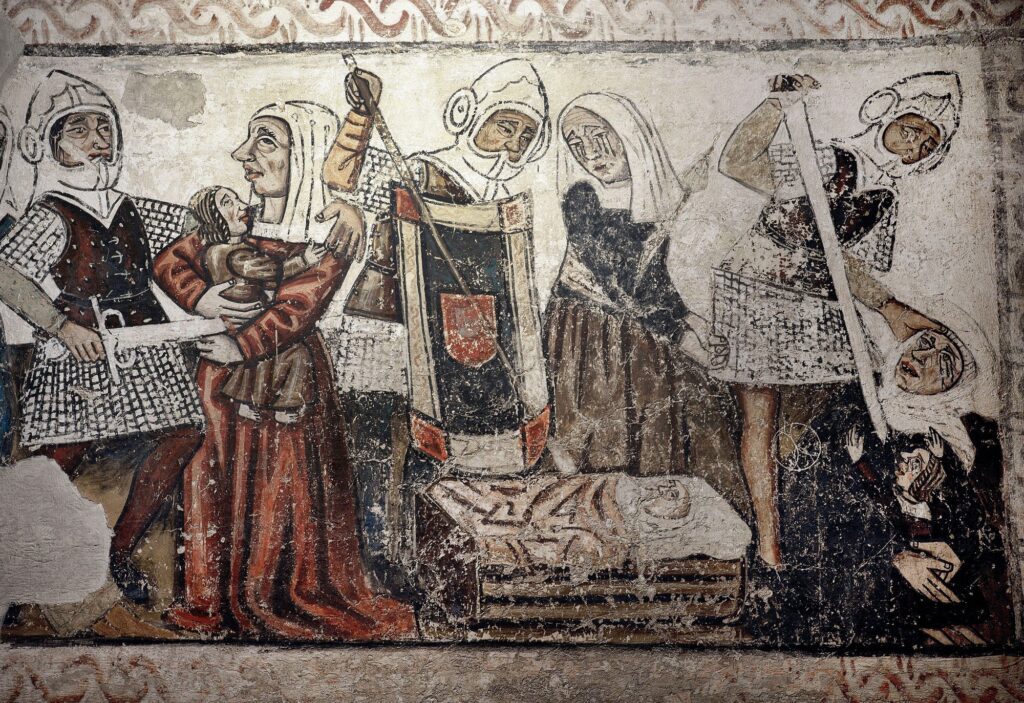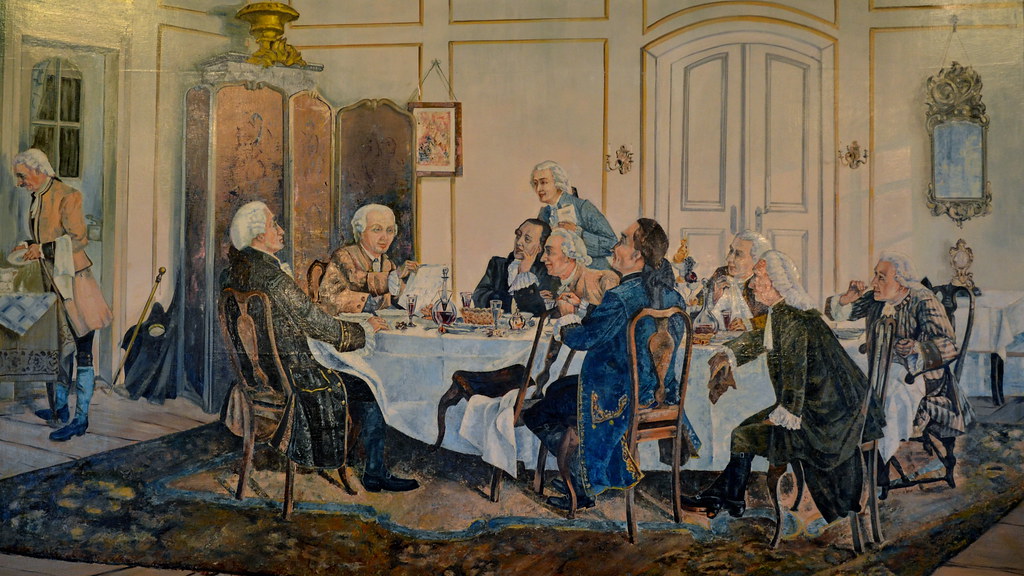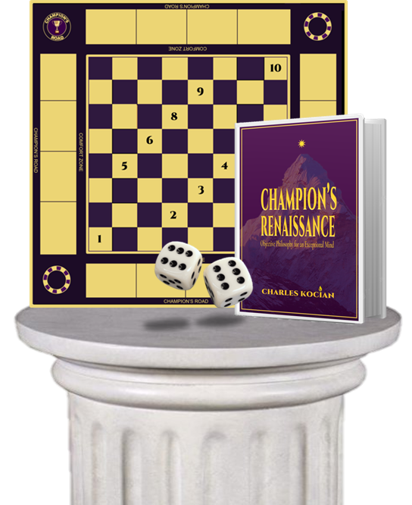
(Answer at the end).
Abortion in Königsberg
By Charles Kocian
An important new of last week was that the Supreme Court of the United States overturned Roe v. Wade ending 50 years of federal abortion rights. But, are those rights in the Constitution? Is the Constitution against abortion?
Plato affirmed that, women who conceived in a wrong period of their lives, should abort; Aristotle, said abortion should be made before the foetus reached “sensation”.
The practice of abortion has been known since ancient times as we can read it from Wikipedia. During the Italian Renaissance, the legal status of abortion was controlled by the Catholic Church. Prior to 1588, historian John Christopoulos writes: “Catholic law held that abortion was homicide only if the unborn had been infused with a rational soul, something that was believed to occur at around 40 days after conception for a male and 80 days for a female.”

Abortion in history.
In the 1570s and 1580s, abortion, whether or not the foetus was ensouled, was increasingly seen as an “atrocious and grave” crime that could not be absolved in the confessional but must be addressed by a bishop.
It is impossible to know how many abortions took place in this era. But Christopoulos writes that the church seems to have considered it a widespread socially accepted practice.
In the Renaissance of 1588, Pope Sixtus V officially prohibited abortion, regardless of the stage of foetal development, and classified it as homicide. It was a theological dictate and criminal law, subject to excommunication and worldly punishment.
If morality mean principles to differentiate right and wrong, is abortion right?

Königsberg, by Wilhelm Blanke.
A second important new of last week was that Lithuania restricted rail transit from Russia to Kaliningrad, a Baltic city known as Königsberg some time ago. Lithuania is an EU and NATO member and said that this restriction was because of the EU sanctions to Russia. Is that morally right?
Königsberg, today Kaliningrad, was founded as a military fortress in 1255 after the Prussian Crusade by the Teutonic Knights against Baltic Prussians and was named in honor of the Bohemian (Czech) King Ottokar II. The area became predominantly German, with Polish, Lithuanian and Latvian minorities.
The city was heavily damaged during the Battle of Königsberg in 1945 and it was captured by the Soviet Union at the end of World War II. The Potsdam Agreement of 1945 placed it under Soviet administration and city was renamed Kaliningrad. Since the dissolution of the Soviet Union, it has been governed as part of Russia.

Königsberg after bombardment in 1945.
After the Renaissance, from 1657 to 1945, Königsberg was an important German city where Immanuel Kant was born. He never visited any other city. There he wrote The Critique of Pure Reason that was published in 1781.
For Kant, abortion is morally right?
Kant introduced an universal moral law that says: “Act only according to that maxim whereby you can, at the same time, will that it should become a universal law.”
But, can a moral law be applied universally, without looking at the particular circumstances?
He liked to have dinners with his friends to talk about philosophy. About abortion, he pointed to his universal law, or categoric imperative as it is known.
How much categoric an imperative law can be without context?

Kant and his friends in Königsberg.
About metaphysics, that is, as existence as a whole, Kant in his works wrote: “What might be said of things in themselves, separated from all relationship to our senses, remains for us absolutely unknown.”
He said that our mind is trapped, inescapably, in a world of phenomena, that the transcendental world of things-in-themselves (Kant’s Ding an sich) is not perceptually accessible.
He said that the inaccessible world was the “noumenon world”. That was part of his transcendental idealism, a noumenal world that itself is insensible, therefore, unknowable to man.
CONCLUSION
The conclusion is that humanity still have a long way to go on moral knowledge and, as we can see in different news today, in many important things about reality, people, including politicians and judges, still cannot arrive to an objective personal conclusion of what is objectively right or wrong.
(Now answer to question 5).
QUESTION N° 5
Kant’s philosophy says that noumenal reality can be known by pure reason.
a) True
b) False
It is false.
For Kant, “reality as it is”, is unknowable and, our senses, only distort it.
Leave your comments here.


